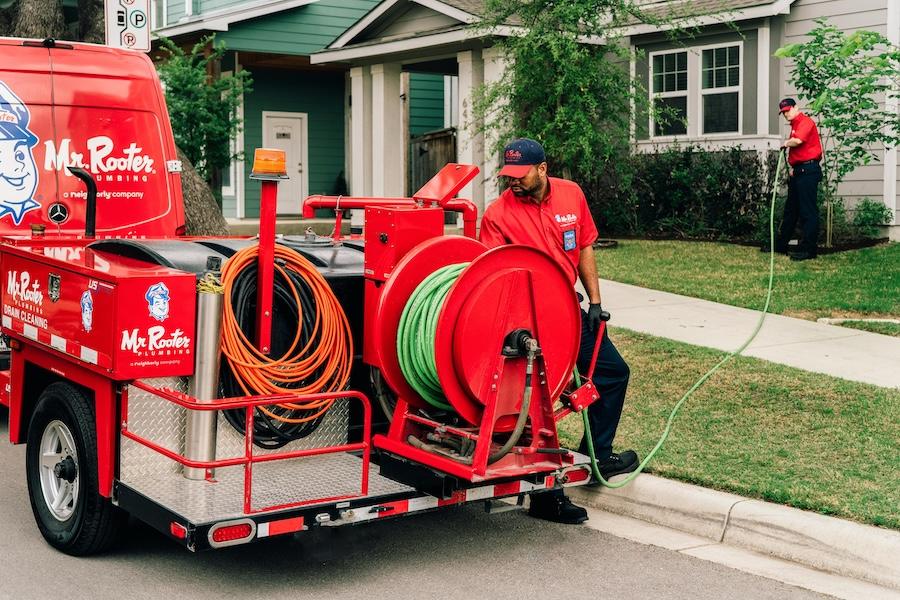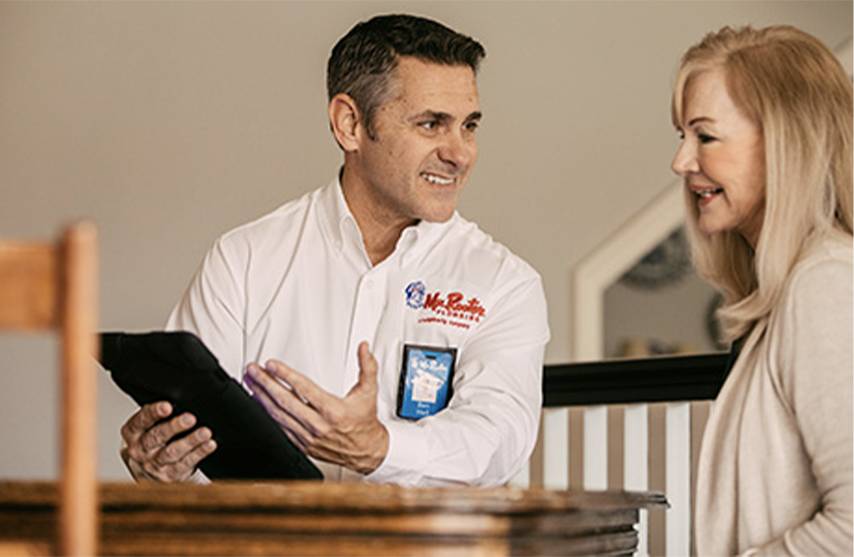
The sewer line is a critical component of your property’s plumbing system. Unfortunately, the sewer line is something most homeowners rarely think about until there’s a problem. As a responsible homeowner or commercial property manager, you should not wait until there’s sewage backing up into your home to schedule sewer line cleaning service. Having a professional plumber clean your sewer line regularly is an effective way to keep your sewer line in good working order. But how often should you clean your sewer line?
Sewer lines should be cleaned every 18 to 22 months, depending on the overall condition of your sewer line. If your sewer lines are older, you may need to schedule a sewer line inspection at least once a year. It is also important to schedule sewer line cleaning as soon as you notice telltale signs of sewer line trouble. Regular sewer line cleaning prevents clogs and reduces the risk of sewage damage. Besides, it helps prolong the lifespan of your sewer line, saving you time, stress, and money in the long run. If it’s been over two years since you had your sewer lines cleaned last, look for a trusted plumbing repair service that provides sewer repair and let them help you clean out your sewer lines. The experts will use hydro-jetting machines to blast away clogs and buildup from the sewer line walls to prevent future clogs.

If you notice these signs, there could be a problem with your sewer line. Contact a nearby plumbing repair service to inspect your sewer lines and make the necessary repairs. Some of the warning signs we’ve outlined above may be caused by damaged sewer pipes. For instance, tree roots growing into sewer pipes can block wastewater, resulting in backflow. In some cases, debris can get into sewer pipes through a crack and cause obstruction. That’s why it’s important to call a plumber who’s equipped with advanced diagnostic tools to perform an inspection and determine the cause of the problem.
Do not hesitate to contact a reputable plumbing service that specializes in sewer repair. Professional plumbers use video inspection cameras to directly see the cause of the clog or blockage. This allows for a much more accurate diagnosis of the problem compared to simply relying on indirect signs like slow drains. If your sewer pipes are failing, they will employ trenchless sewer repair methods to fix the pipes with minimal disruption to your landscape.
If you’re looking for a plumbing service that specializes in sewer line cleaning, call Mr. Rooter Plumbing. We are equipped with advanced tools for sewer line cleaning to ensure we do an excellent job. Our team of plumbers is committed to providing exceptional customer service backed by a satisfaction guarantee. We also offer sewer line repair, trenchless sewer line replacement, drain cleaning, and preventive maintenance services. Contact us today to learn more about how we can help you keep your sewer line in top shape.